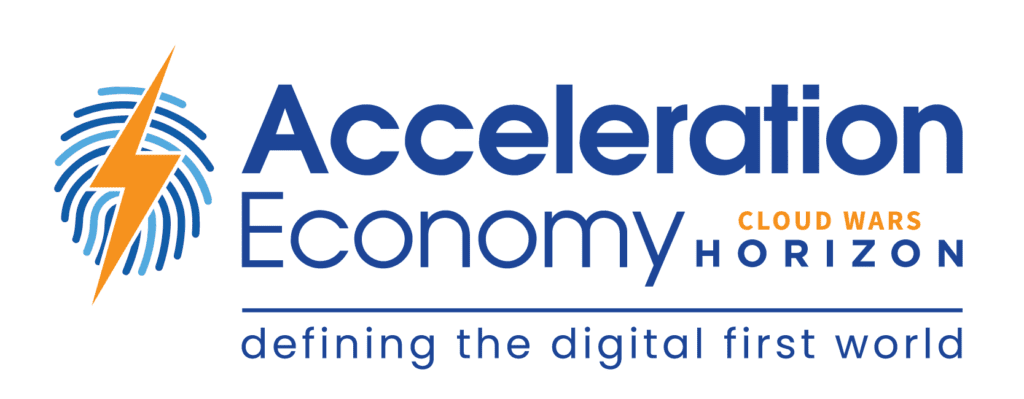Who They Are
Auditoria.AI is a software startup that launched in 2019 with a laser focus on automating common, routine functions for finance and accounting professionals — which the company characterizes as being underserved when it comes to automation.
The company’s cloud-based software automates back-office business processes involving tasks, analytics, and responses in vendor management, accounts receivable, planning, and audit functions. By leveraging natural language processing (NLP), artificial intelligence (AI), and machine learning (ML), Auditoria’s platform not only executes mundane tasks, but the company says it can automate complex functions, such as predictive forecasting.
The company expects that it can automate 90% or so of the manual work that junior accountants typically do through application of software robots, enabling their time to be redirected to higher level functions.
Benefits of the software include reducing days sales outstanding (more to come on that below), automating procurement processes, offloading routine/repetitive finance inquiries from employees, improving customer and vendor service, and more.
Based in San Jose, California, the company has $21.5 million in venture capital, which includes funding from Workday Ventures.
What They Do
Auditoria makes an AI-powered engine with NLP functionality that is trained in the language of finance. The company’s AI/NLP platform (Auditoria SmartFlow Platform) is complemented by applications specific to collections, payment, general ledger, and vendor management. They connect via API to major accounting software packages including Microsoft 365, SAP, Oracle, Netsuite, and more.
The company’s ‘SmartBots’ integrate with systems of record and streamline journal entry creation, track and manage accrual capture, and reconcile bank statement matching.
“Our customers have a lot of vendors, customers, invoices, and bills of lading, and we connect to all their systems,” says Auditoria Vice President of Marketing Nick Ezzo. “We connect to ERP and pull out info from ERP that we can attach and send. We can scan invoices and create journal entries for their accounting software.”
Auditoria’s automation tools are functionally similar to some of the big automation players such as UiPath, but Auditoria brings a couple of unique elements to bear:
- Its purpose-built bots are written specifically for the language of finance, using NLP to understand terms, such as accrual or ledger entry. They are trained in three types of English — semantic, business, and finance — so they can clearly understand the intent of incoming requests.
- Secondly, their bots actively monitor email inboxes (think “accounting @”, or “accountspayable @”) and can be programmed with answers to the most common questions. It’s not clear how much work goes into maintaining such inboxes and responding to inbound inquiries, but Ezzo noted that one current, late-stage prospect has 50 people — five-zero — who spend their time monitoring such inboxes.
Auditoria’s bots read inbound emails, interpret them, and respond back within 60 seconds with the requested information — when they have the answer. When inquiries can’t be automated, the bots effect a “graceful” handoff to humans. “Sometimes they get an email that says ‘I’m not paying this bill and I want to speak with somebody,’ and the bot hands that over,” Ezzo says.
Ironically, as we were preparing this Auditoria profile for publication, UiPath announced that it has acquired Re:infer, a company that makes NLP technology for processing email, online chats, and voice. The deal appears to validate Auditoria’s approach.
One prime example where bot-driven automation could be a major finance time saver comes into play with vendor management. Say, for example, a company needs to receive updated W-9 tax forms from all of its vendors; a bot can rescan handle that process automatically, without ongoing human involvement.
While the company could take on other, non-finance functions at some point in the future, “the finance and accounting functions in corporations are vastly underserved by automation,” Ezzo says, so there’s plenty of work to do there, at least for now.

Who They’ve Impacted
Auditoria has 20 or so customers that it has sold to, and serviced, directly, as well as a “few hundred” indirect customers that have been engaged by business process outsourcers that manage accounting functions, Ezzo says. According to the company, its tech is well suited for CFOs, controllers, receivables, payables, general ledger, shared services, and IT/finance transformation.
One prime example of a company using Auditoria bots for tangible business impact is User Testing, a San Francisco firm that makes SaaS software for gathering real-time customer feedback.
User Testing initially deployed Auditoria bots in a largely manual, spreadsheet-based invoicing and payment collections process, says Jenn Collins, its senior director of revenue recognition. Then it deployed NetSuite and had to turn off Auditoria for about six weeks during a transition period.
In that period, days sales outstanding shot up to 104 days. Once the company turned bots back on, they went down to 91 at quarter’s end, then down to 82 one quarter later. Of course, it’s not likely that entire change can be attributed entirely to bots, but the outcome isn’t a coincidence either.

An Auditoria bot will auto-notify customers they have 15 days left in their 30-day payment terms, Collins noted, versus when human employees need to send that notice manually. The company typically has 500 to 600 invoices open at any one time. Without bots in place, all updates and notifications would be manual.
“It really comes down to manual touch points, and reducing those is everything to us — having customers respond and identifying issues before we would have even reached out the first time,” Collins says.
In the collections process, SmartBots detect anomalies and identify erroneous or unusual activity such as backdating or, in some cases, fraudulent transactions in the general ledger, according to Auditoria.
Auditoria uses standard tags that will indicate types of customer requests, such as a purchase order or copy of an invoice. “So we know what that request is before we even open up an email. We’re working with Auditoria to not only tag but also respond to say ‘here’s a copy of your invoice’ for simpler requests,” Collins explains.
Automation shifts the focus of employees, helping contribute to that reduction in days sales outstanding. “We hooked it into our new accounting system and now we have a fully automated process to get customers their invoices and follow up from a dunning perspective at least three times before it becomes overdue,” Collins says. “That lets collectors focus on truly overdue invoices.”
The Future and Closing Thoughts
User Testing serves as a great proof point for the tangible value of bots and, in this case, bots purpose-built for finance. It will be fascinating to see if Auditoria expands beyond the finance function, or if it finds so much opportunity in finance that there’s no reason to spread its wings. I’ll also be watching closely to see whether it comes into direct competition with the larger automation vendors (like UiPath), or whether its tight focus lets it carve out a distinct niche among finance professionals like those at User Testing.
For more exclusive coverage of innovative cloud companies, check out Cloud Wars Horizon here:











